Fossil Fuels
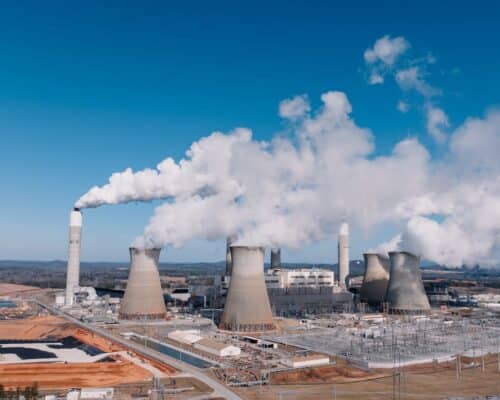
Fossil Fuel Divestment Scorecard: Japan “Dirtiest” Financier
Japanese banks have again emerged as the leading fossil fuel financiers in the region, while Southeast Asian financial institutions also play a prominent role. According to the report’s authors, their actions undermine the food security, biodiversity and health of millions in the region.
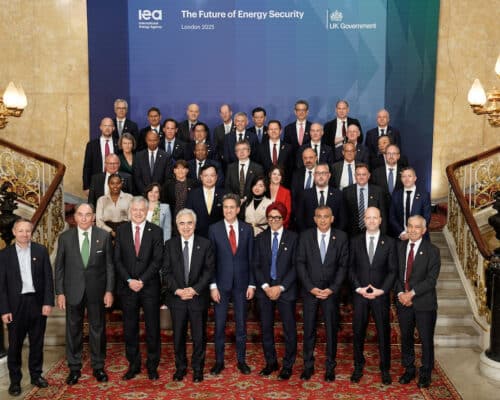
IEA’s Future of Energy Security Summit Ends With a Call For Cooperation, Less Fossil Fuels and More Renewables
The Energy Security Summit ended with a strong message - energy security is a question of national security, and climate change threatens both. Parties agreed that an effective response requires increased collaboration in reducing fossil fuel import reliance and scaling up renewables.

Australian Election 2025: What it Means for Climate Change and Energy
Considering Australia’s emissions intensity and its role as a primary fossil fuel exporter, few have as much power in the mission to tame the climate crisis as Australian voters. And the results on May 3 give hope that clean energy and the climate crisis will sit high on Australia’s agenda in the following years.

China’s Oil Demand Dropped: Experts See Start of a Trend
The drop in the demand for oil-based fuels in China signals that their peak might be getting closer in what could prove a watershed moment not only for the global oil markets, but also for Asian countries that look toward China for inspiration on how to decarbonise their economies.
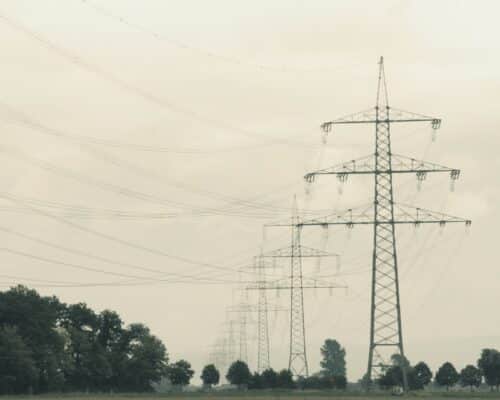
Cost-cutting Solution for Companies in the Philippines
Experts note that addressing the economic and social repercussions of the high electricity costs in the Philippines requires policy reforms that prioritise investments in renewable energy and reduce the reliance on fossil fuel imports.
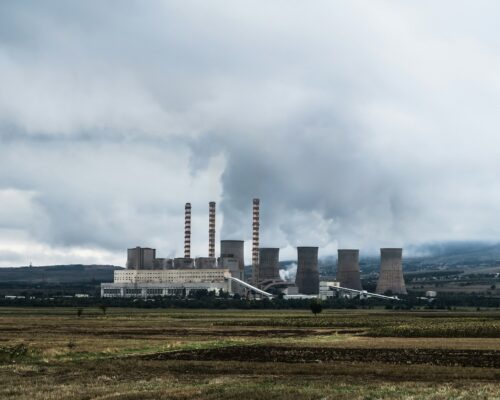
Captive Coal Threatens Indonesia’s Peak Emissions by 2030
Ember's latest research reveals that Indonesia’s captive coal expansion plans risk distancing the country from its ambitious decarbonisation goals. The analysts warn they could also lead to increased electricity costs and adverse health impacts.
Natural Gas Price Forecast 2025: Asia To Drive Global Demand
In 2025, natural gas markets will continue facing uncertainty, with market analysts warning of continuously increasing prices hitting import-reliant Asian economies. This necessitates accelerating renewables deployment to ensure more affordable, secure and clean energy for their growing economies.
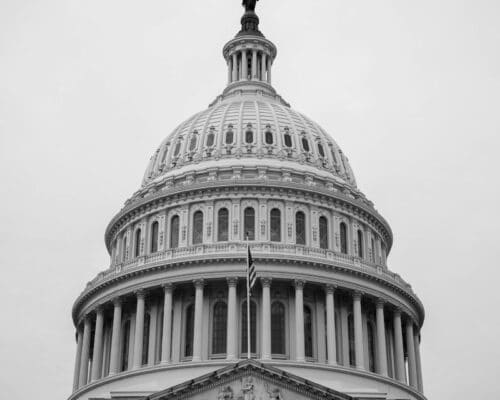
Trump Quits the Paris Agreement: The Consequences
Experts say that while Trump's decision will significantly impact global climate action, it won't derail it since the clean energy transition is already underway. The economic reasoning behind it is too strong to ignore. However, other nations must unite and increase their efforts to protect the most vulnerable.

What Asia’s Financial Industry Can Learn From Europe’s Climate Leadership
Through regulatory intervention and voluntary action, the EU and its financial industry are leaving the fossil fuel era behind. While Asian banks and investors remain deeply entrenched in coal, oil, and gas, in the potential absence of the US, they can lead global climate action alongside Europe.

How the 2024 US Presidential Election Might Change America’s Climate Policy
On Nov. 5, US voters will elect Kamala Harris or Donald Trump as their next president. Aside from the global geopolitical stage, the outcome will also significantly impact the world's decarbonisation journey, the prospects of achieving Paris Agreement goals and the efforts to tame the climate crisis.
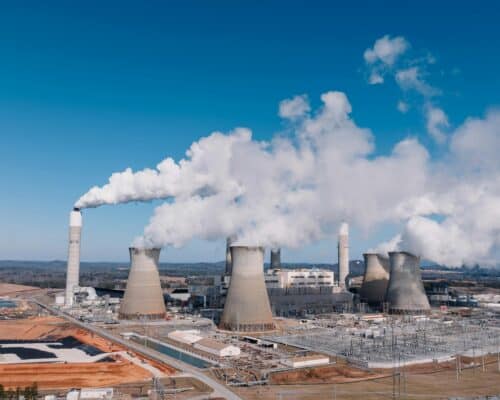
The State of Fossil Fuel Funding in 2024: The Biggest Corporate and State Backers
While unbearable heatwaves, catastrophic floods, and other devastating climate impacts are multiplying in frequency and severity, experts reveal that the top 60 largest private banks have provided USD 6.9 trillion to fossil fuels since the Paris Agreement.
How Bangladesh and Pakistan Can Survive the Energy Crisis
Fossil fuel import dependence has put Pakistan and Bangladesh in a very similar situation. However, both countries' pathways for salvaging it are also comparable: diversifying their energy mixes with a focus on renewables and reduced reliance on deliveries.

Environmental Issues Around San Miguel Corporation Deter Investors
In one way or another, SMC is a part of the daily life of many Filipinos and its actions have serious implications. Financiers and investors should be wary of this.
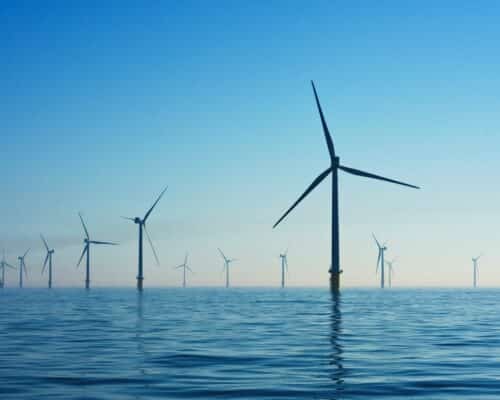
The Climate Leadership of the G7 Now Hangs on Japan
Without ensuring that all members share the same views regarding the energy transition, the G7 will have difficulty leading global climate policy. Convincing Japan of the urgency of phasing fossil fuels out and accelerating clean energy adoption is integral before the G20 and COP29 meetings later this year.
Most Popular
Categories
-
9
-
33
-
126
-
4
-
17
-
43
-
52
-
11
-
10
-
15
-
24
-
6
-
6
-
247
-
195
-
13
-
23
-
1
-
1
-
23
-
38
-
41
-
84
-
18
-
81
-
41
-
17
-
10
-
40
-
41
-
86
-
284
-
21
-
39
-
35
-
10
-
41
-
36

